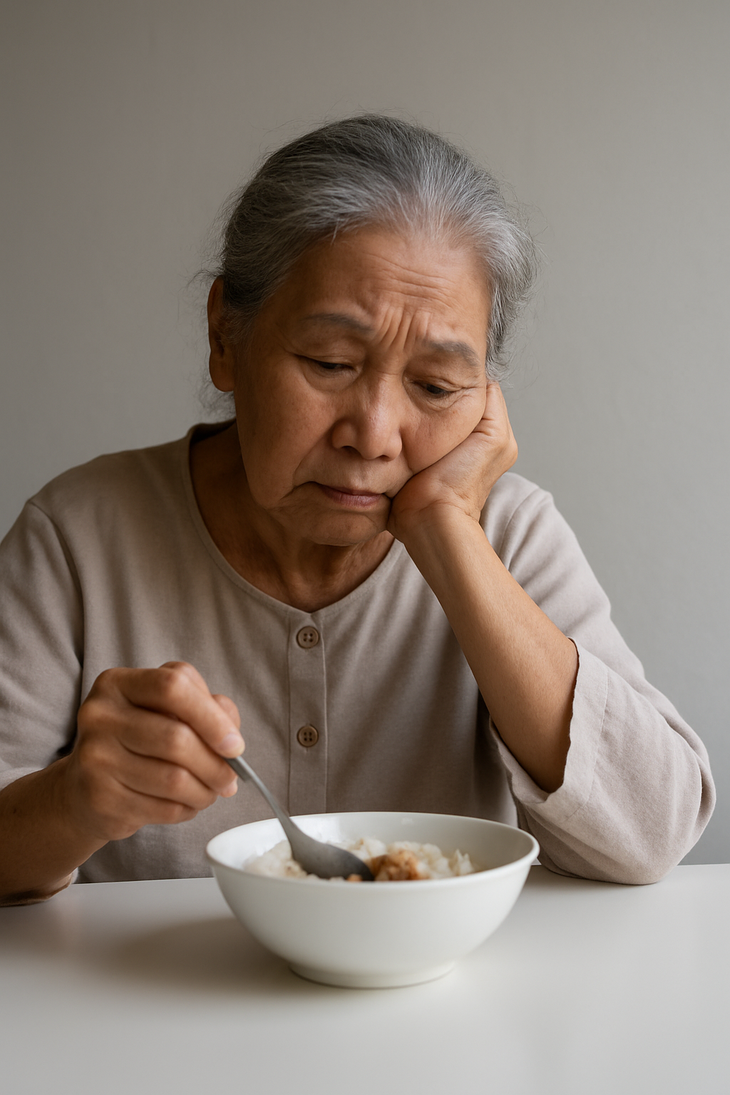
Eating alone can be more harmful to the health of the elderly than we think - Photo: AI
The research from Flinders University (Australia) was published in the journal Appetite, analyzing data from 20 studies worldwide , tracking more than 80,000 people over 65 years old living at home.
Results showed that older people who frequently ate alone were at higher risk of poor nutrition, weight loss and physical impairment.
Risk of poor nutrition and poor health
According to the research team, elderly people who eat alone tend to eat less, have less variety of foods, and reduce their consumption of important nutritional groups such as fruits, vegetables, and protein-rich meats.
These factors directly affect muscle mass, strength and mobility, which are key to maintaining healthy aging.
"Food is more than just nutrition. Eating together increases appetite, creates bonds and contributes to mental health," said Caitlin Wyman, lead author of the study and a nutritionist at the Caring Futures Institute at Flinders University.
She also stressed that feeling lonely and less social interaction can cause older people to eat less, skip meals or choose foods that are not nutritious.
Several studies in the review found that eating alone was associated with a higher risk of weight loss and increased frailty. Older adults who ate with others tended to have more varied diets, better aging rates, and higher quality of life.
Dr Alison Yaxley, co-author of the study, said asking about eating habits was as important as other health screening questions, helping to identify people at risk of poor nutrition early and connect them with appropriate support programs.
Need for shared meals, from family to community
Scientists have proposed many solutions to help limit the situation of eating alone in the elderly, such as organizing community dining groups, building intergenerational meal models, or connecting programs in residential areas and local cafes.
These seemingly simple activities make a noticeable difference: older people eat better, talk more, and feel like they are still part of a group.
Ms. Wyman emphasizes that "sharing meals increases enjoyment, motivates eating, and maintains nutrition," thereby reducing the risk of skipping meals or snacking, a common condition among people living alone.
This idea is also suitable for the context of Vietnam, where the tradition of "family meals" plays an important role in connecting generations. However, the busy pace of urban life, children working far away, many elderly people living alone make family meals increasingly rare.
Therefore, models such as community kitchens, senior clubs or "free meals" in wards and communes can become familiar spaces, helping the elderly maintain social interactions, improve health and prevent malnutrition, a problem that is clearly increasing in today's aging society.
Source: https://tuoitre.vn/an-com-mot-minh-anh-huong-den-chat-luong-song-suc-khoe-dinh-duong-20251124002642597.htm




![[Photo] Prime Minister Pham Minh Chinh attends the patriotic emulation congress of the banking sector](/_next/image?url=https%3A%2F%2Fvphoto.vietnam.vn%2Fthumb%2F1200x675%2Fvietnam%2Fresource%2FIMAGE%2F2025%2F11%2F24%2F1763981997729_tt-nhnn-jpg.webp&w=3840&q=75)








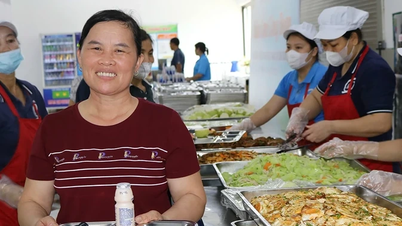

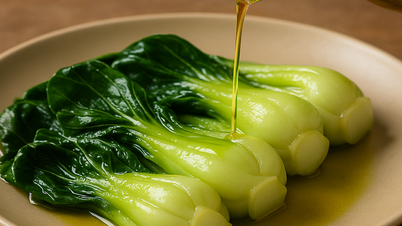








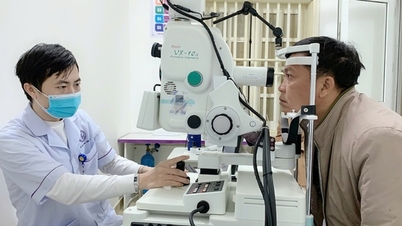








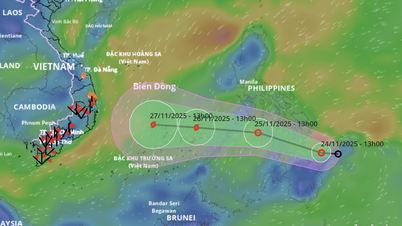




![[Photo] Next to the "mountain of trash" after the flood, Tuy Hoa residents strive to rebuild their lives](/_next/image?url=https%3A%2F%2Fvphoto.vietnam.vn%2Fthumb%2F1200x675%2Fvietnam%2Fresource%2FIMAGE%2F2025%2F11%2F24%2F1763951389752_image-1-jpg.webp&w=3840&q=75)
![[Photo] National Assembly Chairman Tran Thanh Man receives a business delegation from the Europe-ASEAN Business Council](/_next/image?url=https%3A%2F%2Fvphoto.vietnam.vn%2Fthumb%2F1200x675%2Fvietnam%2Fresource%2FIMAGE%2F2025%2F11%2F24%2F1763989198212_ndo_br_bnd-7394-jpg.webp&w=3840&q=75)


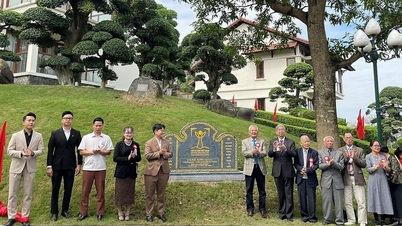




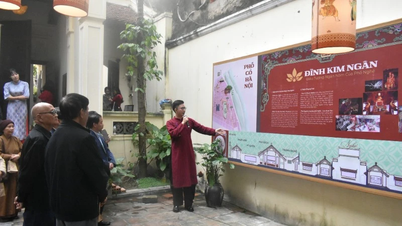

















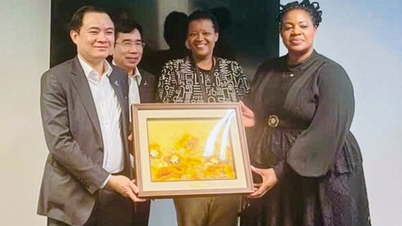
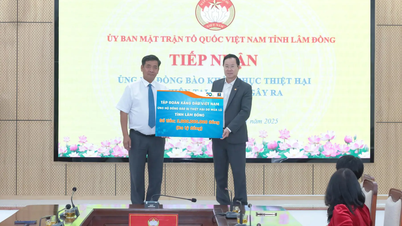











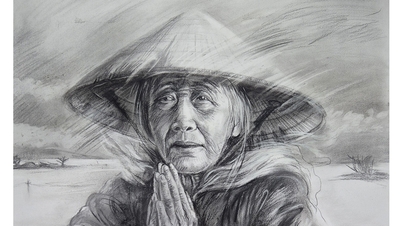





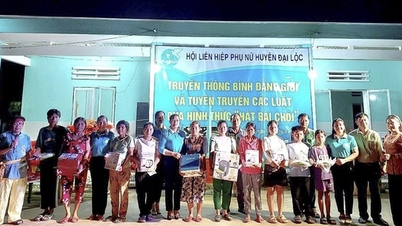






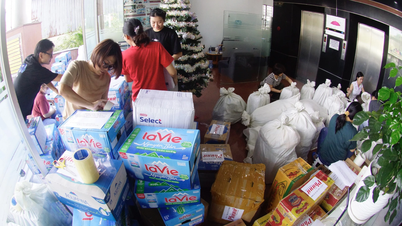

















Comment (0)